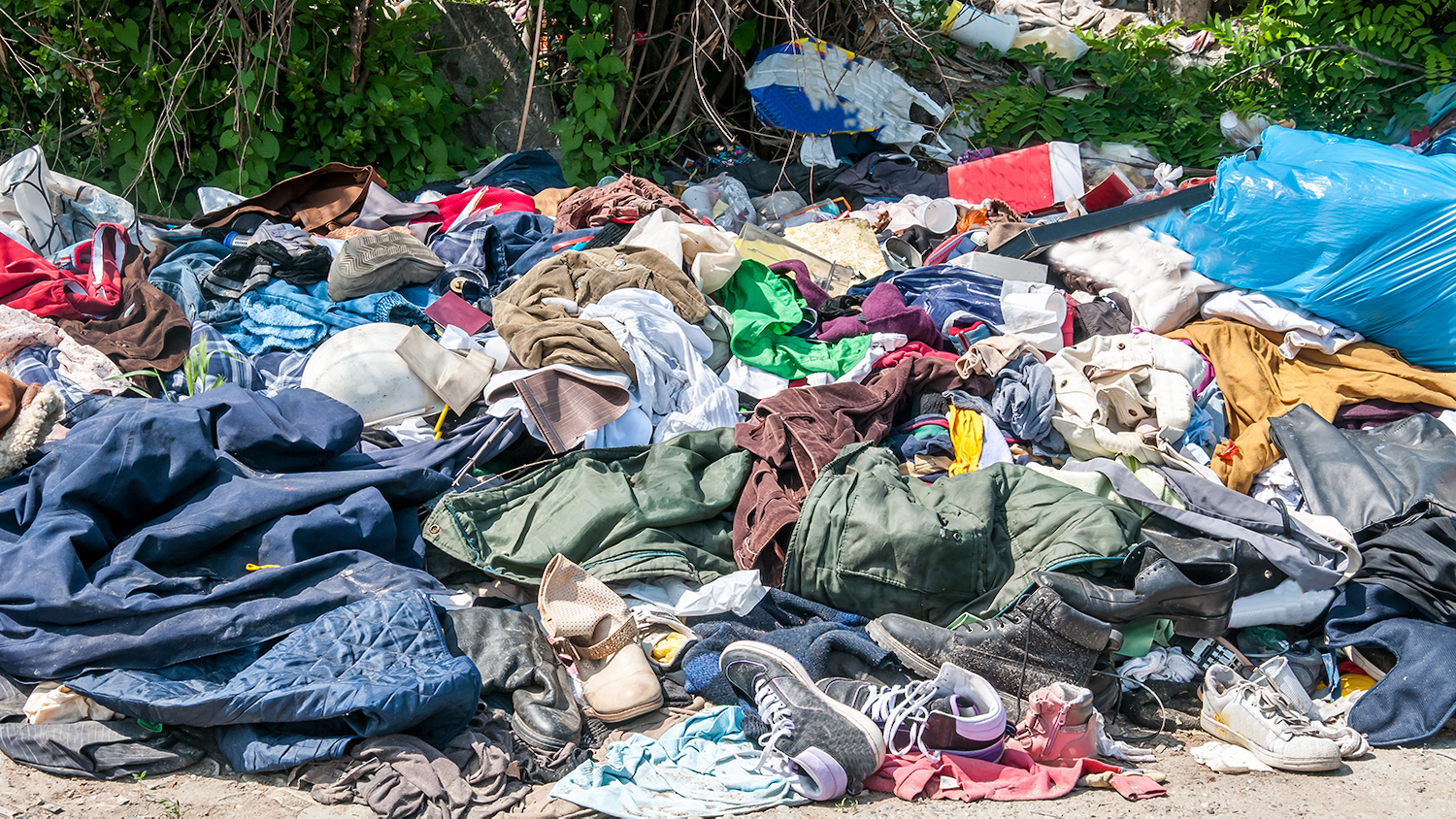Cotton Incorporated and NC State to Demonstrate Pilot-scale Process for Upcycling Textile Waste

Textile waste generation is expected to be 250 million tons per year across the globe by 2030. Each year, the average American disposes of nearly 70 pounds of used clothes, representing more than 17 million tons across the United States. Current data indicates that 85% of disposed clothes will end up in landfills where they decompose, release greenhouse gases and leach dyes into the ground and water supplies.
Over the last few years, Hasan Jameel, Ronalds Gonzalez and other researchers in the Department of Forest Biomaterials at NC State have been collaborating with Matt Farrell and Mary Ankeny from Cotton Incorporated, a not-for-profit company and research organization, to solve this environmental issue.
The team’s research has primarily focused on the upcycling of textile waste to produce value-added chemicals. Through enzymatic hydrolysis, cotton, being essentially pure cellulose and representing 40% of textile production, can be converted into glucose, a simple sugar but an essential raw material to manufacture value-added chemicals (succinic acid, lactic acid, etc.) that are worth thousands of dollars per ton.
As a result, Cotton Incorporated and NC State have developed a sustainable process where a mechanical pretreatment with a low-to-free chemical demand is applied prior to the enzymatic hydrolysis process to achieve cotton conversion yields higher than 95%. Additionally, sustainable bleaching pretreatments for dyed textiles have been established with low-chemical use to deal with dyes that inhibit the textile conversion process but, even worse, are extremely pollutant to the environment.
The process represents an important step in addressing the complexity of textile waste, such as the blending of natural (e.g., cotton) and synthetic fibers (e.g., polyester, nylon, rayon, etc.). For example, the efficient conversion of cotton from textiles would allow the separation and recycling of other synthetic and non-biodegradable fibers representing 60% of the whole textile production. This makes textile waste available for further utilization and a great business opportunity for an emerging supply industry within the circular economy and thus reduces greenhouse gas emissions.
Cotton Incorporated and NC State will set up a pilot-scale demonstration in 2022 to adapt these novel processes in the commercial realm. “We are very excited to see this concept go from a few grams in the lab to tens of pounds in the pilot-scale demonstration,” Farrell said. “Equally exciting is the minimal chemical burden imposed by this process and the remarkable hydrolysis conversion efficiencies that have been obtained. This research unequivocally demonstrates that cotton textiles can be taken from trash and turned into natural chemical building blocks, all at an economically competitive price point.”
In addition to Jameel and Gonzalez, the NC State research team also includes Ramon Vera, a doctoral research assistant, and John Bedard, an undergraduate student, both from the Department of Forest Biomaterials.
- Categories: